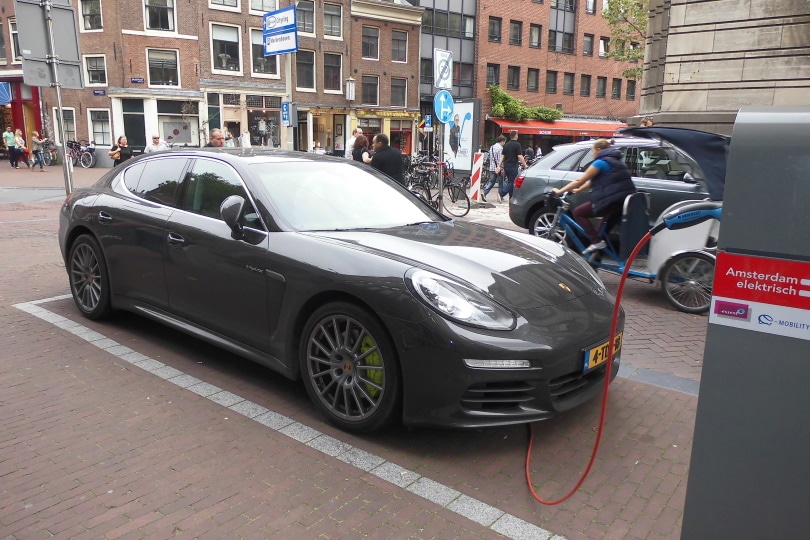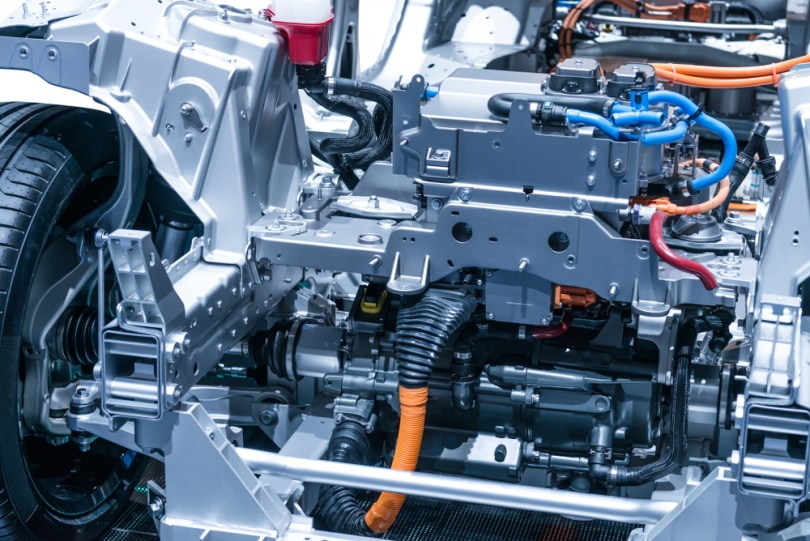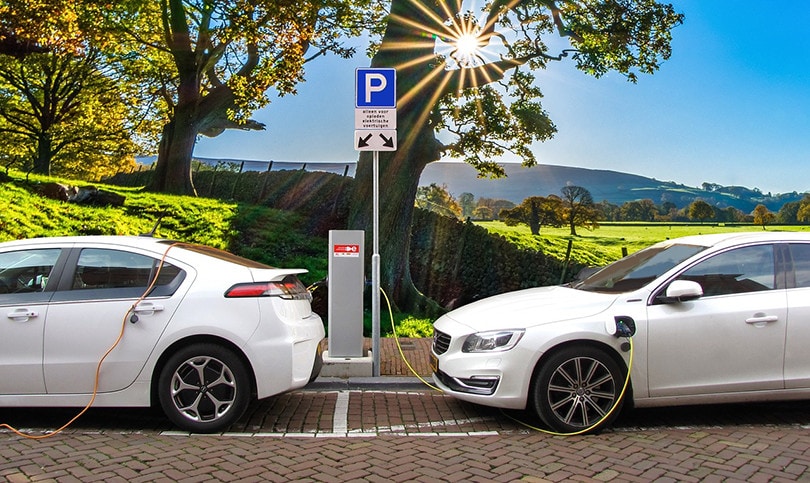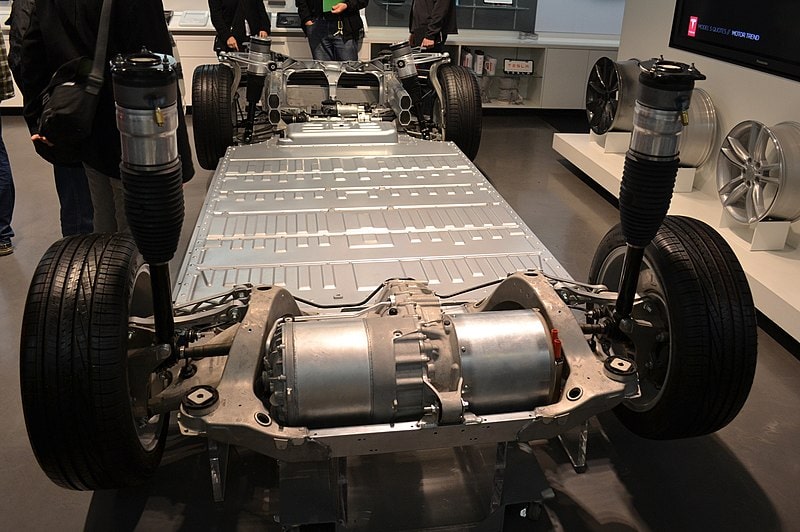Do Electric Cars Have Engines? Comparisons, Facts & FAQ
-
Pete Ortiz
- Last updated:

Electric cars are becoming more popular each year. There is a massive effort underway to try and move away from gas-powered vehicles to electric vehicles. There are many differences between electric vehicles and regular gas cars. Electric vehicles are silent, have better acceleration, are more efficient, and use electricity instead of gasoline or diesel.
But do electric cars still have engines? It’s a good question. Compared to gas cars, electric cars don’t make as much noise, they don’t have a telltale grill, and they don’t produce exhaust or emissions. That means they must not have engines, right? Not quite.
Electric cars do have engines. The engines in electric cars are entirely different from engines in gasoline-powered cars. The engines in electric cars are still engines. They are just an entirely different sort of engine than is found in a traditional car.
Here is what kind of engine electric cars have compared to gas cars.
The Electric Motor

The engine of an electric car is a large electric motor. The electric motor is completely different from the internal combustion engine. Instead of using combustible fuel (gasoline), oxygen, and lubricant to move pistons to create torque, an electric engine takes electricity straight from a battery pack and translates that energy directly into motion. An electric motor is powered by massive batteries strapped to the underside of the car. The batteries provide direct current (DC) power to the motor, which translates that electricity into drive via electronic transmission. The transmission allows the energy to turn directly into forward motion, which is more efficient than running a combustion process inside the engine.
Other parts of the electric motor include a DC-to-DC converter, which takes the power levels down to allow the batteries to power the small electronics in the cabin (odometer, infotainment system, etc.), and a thermal cooling system to prevent the batteries or motor from overheating and the charger.
Gasoline engines feature a combustion chamber, gas tank, alternator, a single small car battery, and a full exhaust system. Electric motors have none of these things. But the electric motor still functions as the engine for the car. The motor moves the car and helps power the car. No motor, no motion, no car.
Motors vs. Engines

By definition, there is a difference between motors and engines. Engines feature combustion chambers which provide the main source of power for the machine. Engines use combustible fuel to run. Motors use electricity to operate but no fuel or combustion. Electric cars have motors, which have the same function as an engine, but they are not engines. Despite the differences, the two terms are used interchangeably by the general public.
Do Electric Cars Need Oil Changes?
No. Electric cars do not need oil changes. Electric motors do not use any sort of fluid like an internal combustion engine. That means that electric vehicles do not need to monitor their fluid levels or get regular oil changes. Oil is a lubricating feature of combustion engines that is entirely absent from electric motors.
The moving parts that need lubricating in a traditional engine, things like pistons, crankshafts, and valves, are not present in a typical electric vehicle motor. Without these moving parts, these motors do not need the lubricating power of oil.
Can Electric Motors Still Break Down?

Yes. Electric motors still break down. They might not require as much regular maintenance as gasoline engines, but they do still require some upkeep. Everything breaks down eventually. If you have ever had an electric power tool or home appliance that broke down, you know that things powered by electric motors can indeed suffer from wear and tear.
If electric motors do break down, they often need specialized attention. Most automobile mechanics are trained to diagnose and repair gasoline engines, and they might not be familiar with electric motors. Electric motors are completely different internally from gasoline engines.
In Conclusion
Technically, electric vehicles have motors, not engines. But electric motors do the same job as old combustion engines. Electric vehicles still need something to turn the stored electricity into motion, which translates into movement. Without an electric motor, an electric vehicle would be stationary. You can get into the nitty gritty with an engineer or a mechanic, but for all intents and purposes, electric cars do indeed have engines. They’re just wildly different from gasoline engines.
Featured Image Credit: Piqsels
Contents


